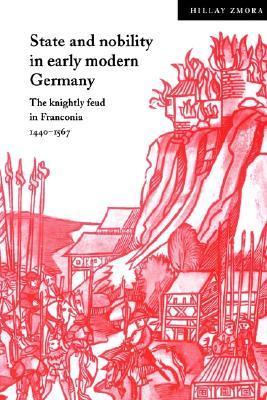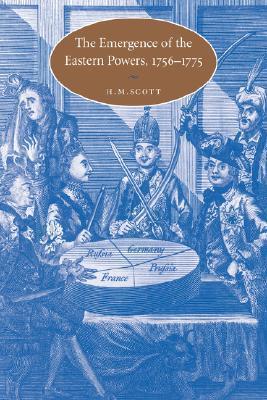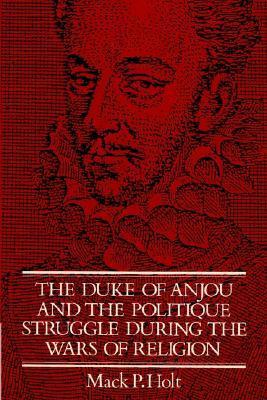


Books in series

Kingship and Favoritism in the Spain of Philip III, 1598-1621
2000

State and Nobility in Early Modern Germany
The Knightly Feud in Franconia, 1440–1567
1998

The Emergence of the Eastern Powers, 1756-1775
1995

The Dynastic State and the Army under Louis XIV
Royal Service and Private Interest, 1661-1701
2002

The Dynastic State and the Army Under Louis XIV
Royal Service and Private Interest 1661-1701
1998

The Nobility of Holland
From Knights to Regents, 1500-1650
1984

The Emperor and His Chancellor
A Study of the Imperial Chancellery under Gattinara
1983

Chronicle Into History
An Essay on the Interpretation of History in Florentine Fourteenth-Century Chronicles
2008

Filippo Strozzi and the Medici
Favor and Finance in Sixteenth-Century Florence and Rome
1980

French Finances 1770–1795
From Business to Bureaucracy
2008

The State, War and Peace
Spanish Political Thought in the Renaissance 1516–1559
1977

The Changing Face of Empire
Charles V, Phililp II and Habsburg Authority, 1551-1559
1988

The Kingdom of Valencia in the Seventeenth Century
1979

Monarchies, States Generals and Parliaments
The Netherlands in the Fifteenth and Sixteenth Centuries
2001

After the Deluge
Poland-Lithuania and the Second Northern War, 1655 - 1660
1993

Neighbourhood and Community in Paris, 1740-1790
2002

The Duke of Anjou and the Politique Struggle during the Wars of Religion
1986

The Armada of Flanders
Spanish Maritime Policy and European War, 1568-1668
1992

Charles XI and Swedish Absolutism, 1660-1697
1998

Altopascio
A Study in Tuscan Rural Society, 1587-1784
1978
Authors
Helmut Koenigsberger, born in Berlin, educated in Britain, sent as an enemy alien to Canada he served briefly in the Royal navy during the Second World War. He had a long career teaching history at Queen's University Belfast, Manchester University, Nottingham University, Cornell and King's College London.

dhr. prof. dr. H.F.K. (Henk) van Nierop Henk van Nierop took his MA in History (cum laude) at the University of Amsterdam in 1974 and his doctorate at Leiden University in 1984. He has been teaching and researching at the University of Amsterdam since 1974. In 1999 he was appointed to the Chair of Early Modern History. He was a visiting professor at Boston University in 1986-87 and at the University of Minnesota in 1996. From 2000 to 2008 he served as Director of the Amsterdam Centre for the Study of the Dutch Golden Age. He is an editor of the series Amsterdam Studies in the Dutch Golden Age at Amsterdam University Press. Since 2009 he is Chair of the Department of History, Archaeology and Area Studies.